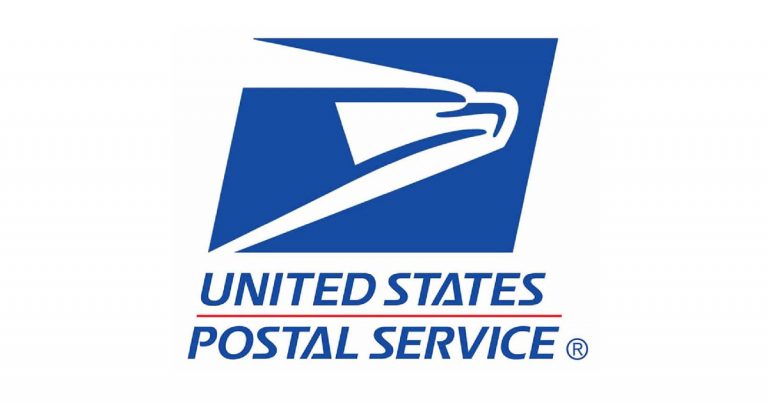Competent distribution of finances – the way to independence

Financial literacy is a necessity that contributes to the strengthening of material independence and money stability. One of the main rules is to have an emergency fund. It is your safety cushion, the reserve of money that will help you survive the crisis. Every person can have unexpected expenses: a sudden illness or urgent repairs. In such cases, an emergency fund will be beneficial. It will allow you to refrain from borrowing and not touch the funds needed for current expenses. Using the emergency reserve as an investment is also not a good idea.
Begin with small things. Even a few dollars are a great start for savings. Gradually, it will become a habit, and you will be able to save larger amounts. An untouchable reserve is the first step toward financial independence. Having learned to set priorities and save properly, you can easily replenish your retirement savings and save for education and other purposes.
Following simple recommendations, you will gradually achieve results:
- A big victory is made up of many small ones. Defining your goal and breaking it down into sub-goals is necessary. Step-by-step implementation contributes to motivation because it will be easier to realize the idea point by point. You will see that it will work out; the main thing is to act step by step.
- Observe regularity. Payments that you make must necessarily be regular. Set time limits. Replenish your reserve every day or once a week. Sticking to the set rules and not changing them midway is important. Smaller but regular amounts are better.
- Automation. If your emergency fund is on a card, set up automatic payments. Make a certain amount of money from each paycheck or receipt go straight into savings. Use a free budget app to learn how to economize, save, and control spending.
- Learn to save properly. Reconsider your purchases and expenses. Perhaps some can be eliminated without sacrificing your comfort. Don’t forget your goal and set aside every spare dollar.
- Get rid of unnecessary items. Our homes hold a lot of things that we don’t use. Do an inventory. Perhaps they should be sold? Put the money you earn into unexpected expenses as well.
- Unexpected income. Bonuses, tips, and other types of income that you didn’t expect can be used to replenish your safety cushion, even if it’s not the entire amount but a percentage.
- It is best to keep emergency funds separate from all money. It will help you not to get confused. At the same time, it is important to have easy access to the financial reserve.
Formation of savings requires discipline, compliance with established rules, and time. The step-by-step implementation guarantees that you will achieve any goal you set. Consistency is the key to successful realization on the way to financial independence. Reserve funds for unexpected expenses are your support in difficult times.
Use the tools available to help in building a cash reserve. Thanks to advances in technology, today’s users have a wide range of choices:
- Savings automation programs. Minimal but regular deductions from your current account will help you reach your goal without much stress.
- Budgeting and financial management programs. Synchronization with a bank account lets you track and control income and expenses.
- Tables and forms will help control expenses and visually demonstrate the progress toward the goal.
- Calculators. Programs that show you how much more money you need to contribute to achieve a financial goal.
- Automatic replenishment of the account always helps to make timely payments.
- Various financial institutions offer online banking features. Tracking spending and deposits on the website or in an app is convenient.
Finding the right tool can take some time. You can only practice to understand which one is right for you.
Set realistic goals and break them down into stages. Establish a regularity of making contributions to your emergency fund. Observe consistency and try to save money. Use various opportunities to increase progress: bonuses, gifts, tax refunds, etc. Get rid of unnecessary items for profit. Following these recommendations, you can organize and form your financial safety cushion and gain knowledge and skills to help you achieve future financial goals.






